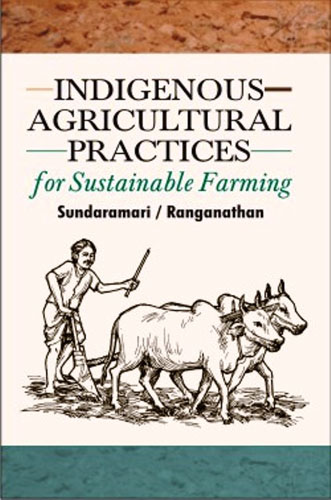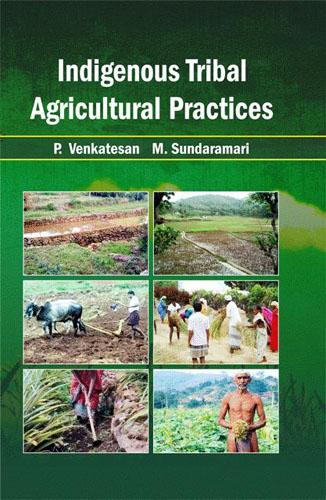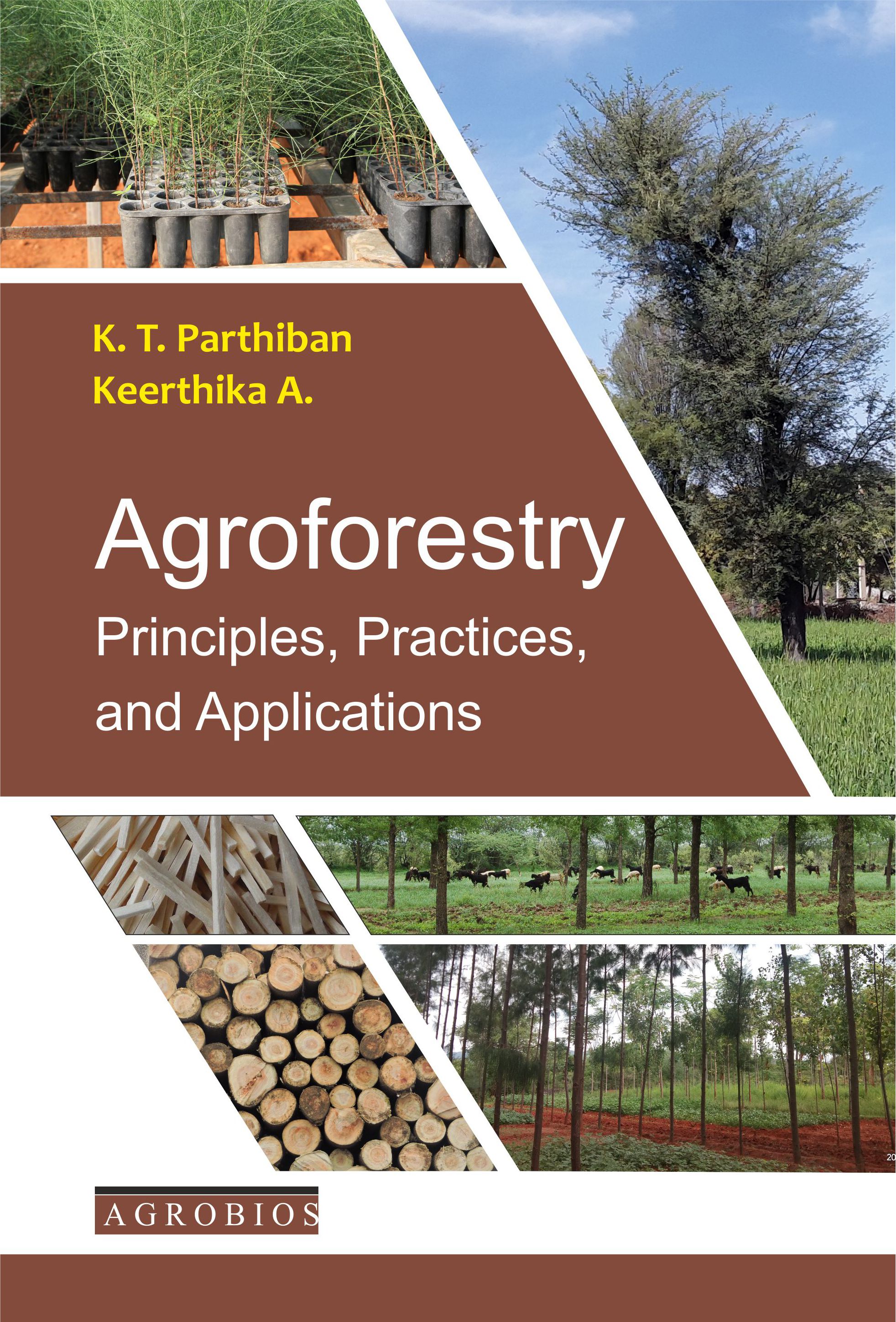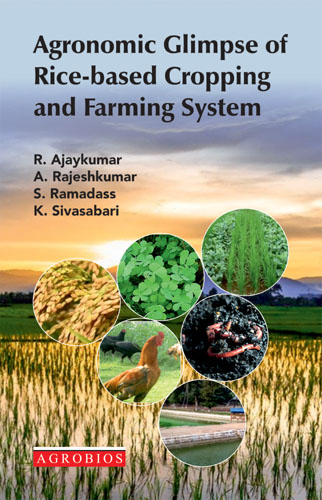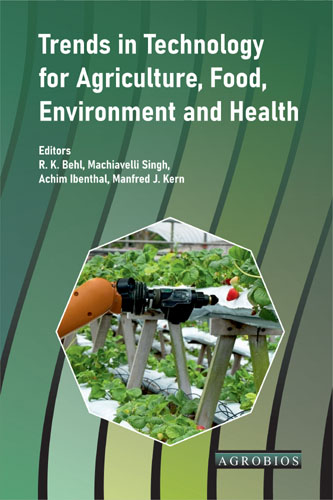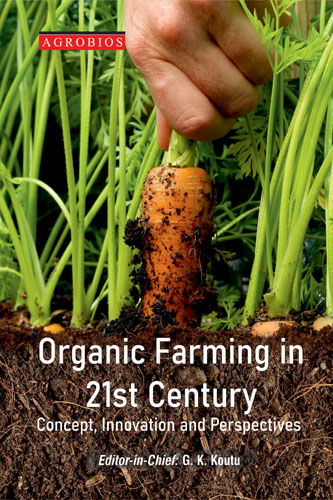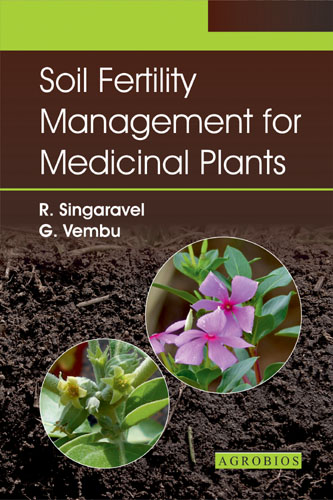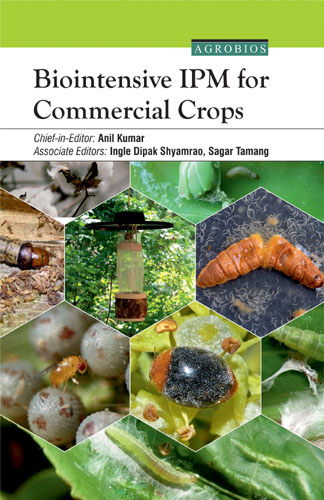Indigenous Agricultural Practices For Sustainable Farming
Indigenous practices in agriculture are organic in nature. They do not cause any damage to the air, water and soil, safe to the human beings and are free from causing environmental pollution. These practices are dynamic because they are region specific, depending upon soil type, rainfall, topography etc. and are often modified by the local farmers.
Results of a recent study reported by Handawela (2001) also confirm that the returns per unit of cash invested on indigenous practices are higher than those of modern techniques; crops on plots with higher indigenous practices proved hardier i.e. these crops were better able to withstand water scarcity thus reducing the risk on the part of farmers. Further the pods and grains yield from plots having much indigenous practices are of better quality and can be selected for display at an agricultural exhibition. Also more honeybees were observed in the fields of indigenous practices.
Therefore, indigenous agricultural practices can play a key role in the design of sustainable and eco-friendly agricultural systems, increasing the likelihood that he rural populations will accept, develop and maintain innovations and interventions. It is also suggested that if the modern techniques are integrated with the traditional and indigenous practices, that will alleviate the poverty and result in the prosperity of the country.
However, many of our indigenous practices in agriculture and allied fields have been replaced by the so-called modern technologies and they have become obsolete, especially among the younger generations. Now these indigenous practices are endangered ones and these is a possibility for them to become extinct particularly during this era of globalization, liberalization and commercialization.
Sundaramari M
555
Table of Contents..
- Introduction
- Concept and Characteristics of Indigenous Agricultural Practices
- An Overview of Studies on Indigenous Knowledge / Practices
- Collection and Analysis of Indigenous Agricultural Practices - Methods of Study
- Categorization of Indigenous Agricultural Practices
- Rationality of Overall Adoption IAPs
- Adoption of IAPs on the Cultivation of Food Crops
- Adoption of IAPs on the Cultivation of Commercial Crops
- Adoption of IAPs on the Cultivation of Fruit Crops
- Adoption of IAPs on the Cultivation of Vegetable Crops
- Adoption of IAPs on the Cultivation of Beverage Crop and on General Agriculture
- Perceived Effectiveness of IAPs
- Characteristics of Farmers and their Association with Adoption and Effectiveness of IAPs
- Summary and Conclusion
- Bibliography
- Appendix
- List of Symbols and Abbreviations
Table of Contents..
Book Details
Book Title:
Indigenous Agricultural Practices For Sustainable Farming
Indigenous Agricultural Practices For Sustainable Farming
Book Type:
REFERENCE BOOK
REFERENCE BOOK
No Of Pages:
326
326
Color Pages :
0
0
Color Pages :
0
0
Book Size:
DEMY (5.5X8.5)
DEMY (5.5X8.5)
Weight:
550 Gms
550 Gms
Copyright Holder:
All Rights Reserved
All Rights Reserved
Imprint:
M/s AGROBIOS (INDIA)
M/s AGROBIOS (INDIA)
Readership:
PG STUDENTS | SCIENTISTS AND RESEARCHERS |
PG STUDENTS | SCIENTISTS AND RESEARCHERS |
Associated Subjects:
Agronomy , Entomology , Extension Education & Rural Development , Horticulture , Organic Farming , Seed Science And Technology , Water Management , Sustainable Agriculture , Agroforestry , Forestry , Weed Science , Plant Protection ,
Agronomy , Entomology , Extension Education & Rural Development , Horticulture , Organic Farming , Seed Science And Technology , Water Management , Sustainable Agriculture , Agroforestry , Forestry , Weed Science , Plant Protection ,



